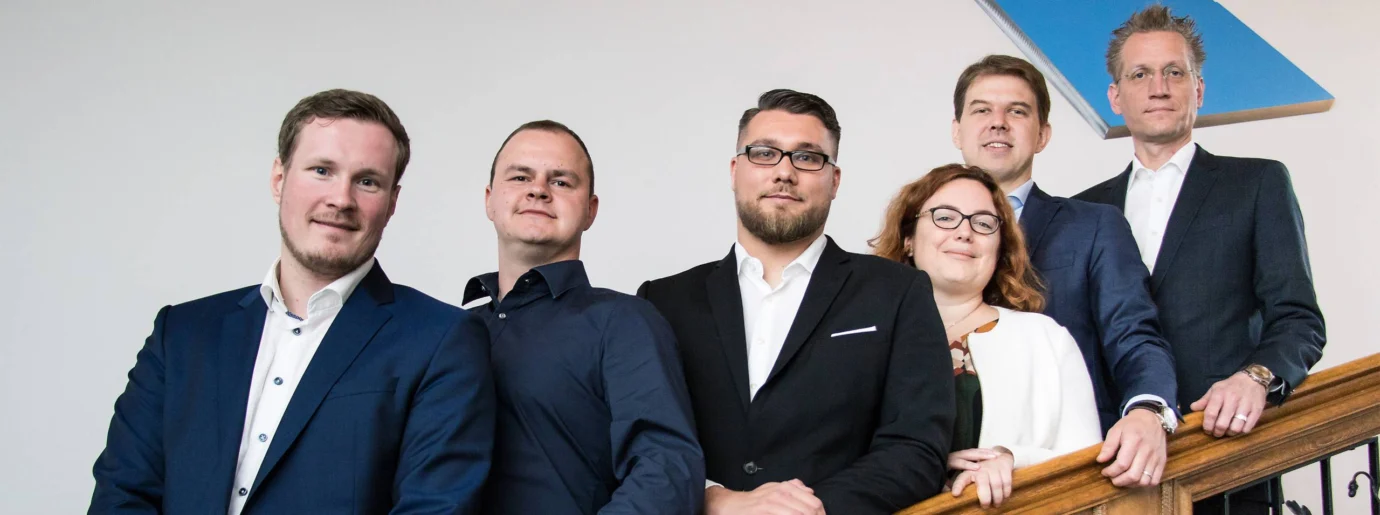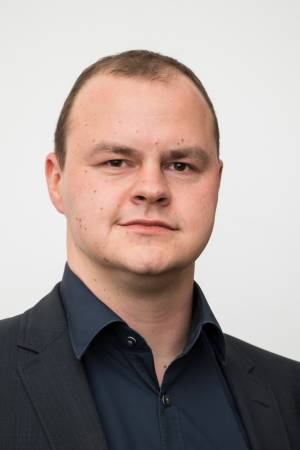Interview with the ESBD: what is the state of eSports?

Photo: Maria Manneck
RECARO is a supporting member of the eSports Federation of Germany (ESBD). But what exactly is the ESBD and what does it do? We talked to Martin Müller (ESBD Vice President) and provide you with the answers to these and many other questions about eSports.
RECARO: Hello, Martin, please introduce yourself and the ESBD to our readers first.
Martin Müller: I am vice-president of the ESBD, as well as chairman of the local eSports club Magdeburg eSports. The ESBD represents organized eSports and its athletes nationwide in Germany. As a professional sports association, the ESBD is the central point of contact for politics and administration as well as for sports and umbrella organizations for the professional management of eSports and the interests of athletes in the field.

eSports inspire almost four million people in Germany
RECARO: What exactly do you do and why did you set up the eSports Federation?
Martin Müller: We give eSports a unified voice to promote its recognition on a social and political level. The scene has grown rapidly in recent years and we are committed to ensuring that eSports is understood and treated for what it is: as a sport that inspires almost four million people in Germany.
The ESBD is also a platform for the unified development of eSports: with our coach training, we set important standards and raise the level in eSports in a scientifically proven and expert manner. In this way, we take into account the increasing professionalization of eSports in Germany, and pay special consideration to aspects such as mediation and social competence, as well as youth protection and gaming time allocation.
Our social commitment is reflected in our federation structures. For example, we have set up the “Women in eSports” (“Frauen im eSport”) committee within the ESBD. On an international level, we are striving to establish a European umbrella organization. In doing so, we want to unite female and male eSports players on an international level and create synergies.

“We demand the full implementation of the legal equality of eSports to traditional sports”
RECARO: What is the state of eSports in Germany and where do you see a need for action?
Martin Müller: The ESBD is campaigning for the full recognition of eSports as a sport in its own right—as the governing parties agreed in the coalition agreement. The recognition of eSports as a sporting event for short-term visits to and stays in countries during tournaments in visa law is a first step. However, this is by no means the end of the story: we call for the full recognition of the legal equality of eSports to traditional sports. In particular, the non-profit status for eSports clubs and departments in traditional sports clubs is currently an important topic as there is massive legal uncertainty.
RECARO: What is the situation like regarding recognition by policymakers and in general by the population?
Martin Müller: We perceive an undiminished interest and an increased willingness to discuss eSports at both federal and state level. Politically, eSport is here to stay. Even if some parties speak out against eSports without any objectivity, its supporters are growing in number. The ESBD will continue to network with progressive players from sports and politics to enable clubs, teams, and organizers to act with certainty. The fact that enthusiasm for eSports is growing among the population is one reason why the ESBD and its members are continuously working for a positive general framework for eSports.
eSports and the Olympics: a problem case
RECARO: The President of the International Olympic Committee, Thomas Bach, strictly excludes video games from the Olympic Games. What is your reaction to this and what is the reason behind this?
Martin Müller: We can already see that eSports are being organized as a regular medal sport by Olympic associations in Southeast Asia. Like the DOSB (editor’s note: German Olympic Sports Confederation) in Germany, the IOC (editor’s note: International Olympic Committee) is having a hard time recognizing it as a sport. I think a compromise would be a very appealing solution for the Olympic field: an organizationally independent eSports tournament that takes place in the context of the Olympic family and thus, together with the Olympic Games and the Paralympics, offers a cross-generational framework for a modern Olympic movement.

RECARO: In your view, has eSports already reached the masses or what needs to be done to further increase acceptance?
Martin Müller: An open view of the environment of digitally minded and engaged people would certainly help some to take their foot off the brake. It’s different with youths and young adults in particular: eSports has long been part of their everyday lives—they either play actively themselves or watch matches.
We want to further increase the social acceptance of eSports by sustainably strengthening the voluntary work of eSports clubs in Germany. Just like a traditional local football club, eSports is not only about training, but also community and values such as fair play, respect, and tolerance. eSports clubs unite sporting tradition and digital modernity. However, without the recognition of non-profit status, obstacles will continue to be placed in the way of the clubs.
RECARO: Thank you, Martin, for the in-depth insight into eSports in Germany!
RECARO not only supports the ESBD as a supporting member, but has also developed the RECARO Exo Gaming Seat in cooperation with eSports professionals. In addition, we act, among other things, as the main sponsor of No Limit Gaming and their CS:GO division. You can find out more about No Limit Gaming later this week.